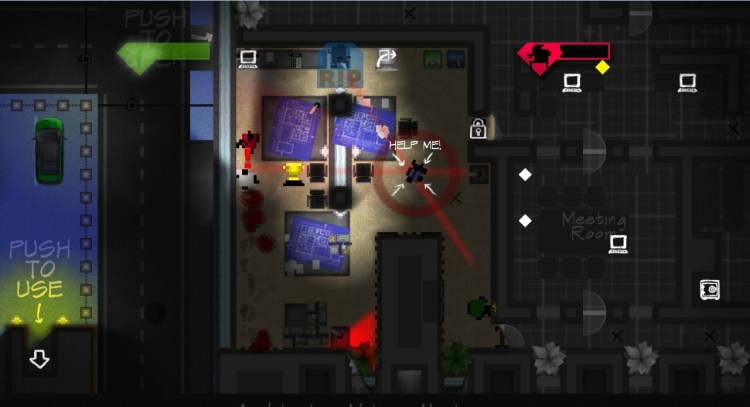If you ever wondered why indie developers seem to love selling their games on Steam, it might have something to do with the fact that they often sell a lot of games on Valve’s digital-distribution network.
For instance, look at the developer of the multiplayer heist game Monaco: What’s Yours Is Mine. Pocketwatch Games developed the title, which has teams of players working together to rob banks and spy agencies, and the studio released it for PC in April and then on Xbox 360 in May. A Mac version followed in July and Linux in October. While Xbox 360 has a rather substantial player base, most of the game’s success came from elsewhere.
On Twitter, the developer confirmed it has sold around 520,000 copies of Monaco. Steam was a big part of that as well as the most recent Humble Indie Bundle, which enables gamers to purchase a collection of small games under a name-your-own price model.
Sales update: We're well over half a million units of Monaco sold! (~520K), only includes about half the HIB sales since we are BTA
— Pocketwatch Games (@PocketwatchG) February 20, 2014
While Steam and Humble Bundle are boosting Monaco’s performance on PC, Mac, and Linux, the game didn’t quite keep up that pace on Xbox 360’s Xbox Live Arcade. Pocketwatch confirmed it has only sold around 36,000 copies of Monaco on that platform since launch.
While games like Call of Duty and Assassin’s Creed perform well on consoles and PC, smaller games from indie studios are popping up much more frequently on PC than any of the systems from Nintendo, Sony, or Microsoft. The performance of Monaco might explain that trend.
That’s not stopping the console manufacturers from reaching out and attempting to get indie games on their digital stores. Microsoft worked to get Minecraft on Xbox 360 in 2012, and it is enabled self-publishing on Xbox One. Sony revealed it is going to release a small game called TowerFall, that was previously only available on the Android-based Ouya, in April. This is the latest in a number of hip games Sony has worked to get on its PlayStation platforms. Nintendo is working with developers like Moon and Steamworld Dig developer Renegade Kid to feature their games on the 3DS and Wii U eShops.
But all of that pales in comparison to the indie offerings on the Steam service. In fact, Valve is working to make its online store even more friendly to small studios. Last year, it introduced a new portal called “Early Access” that enabled companies to release unfinished games. This is a model that the aforementioned Minecraft used, and now many of the top-selling games on Steam are indie titles using this strategy.
VentureBeat's mission is to be a digital town square for technical decision-makers to gain knowledge about transformative enterprise technology and transact. Learn More






![Reblog this post [with Zemanta]](http://img.zemanta.com/reblog_e.png?x-id=22313c69-a3ec-4d75-b625-f3c86909e174)
